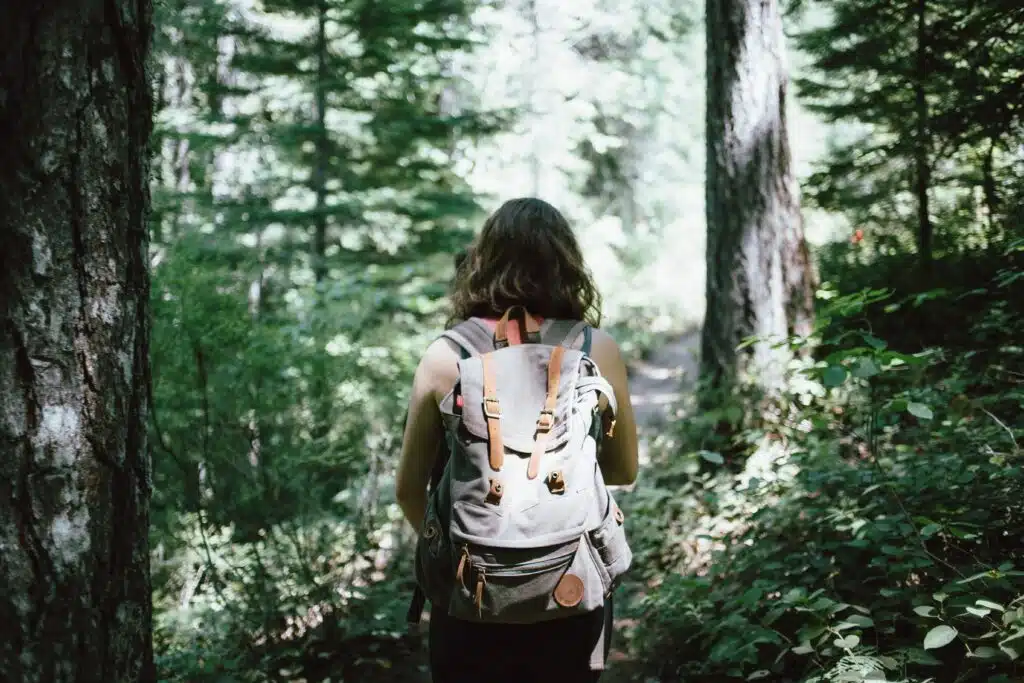Sadly, we all experience loss and adversity in our lives. Fortunately, there is a wonderful resource available to all of us – nature. Discover the transformative power of nature and how to incorporate it into your healing journey.
No matter your age, gender, SES, or beliefs, we all share one thing – the ability to benefit from the healing power of nature. Spending time in nature is always beneficial but it can be even more profound during times of loss.
Loss can occur in many different forms: death, breakup, job loss, missed promotion, moving, ending a friendship, etc. Unfortunately, we will all experience some form of loss in our lives. I want to offer one small but significant opportunity for healing during these difficult times: spending time in nature.
Personally, I began hiking after the death of my mother. My first hike was a transformational experience. I was more attuned to myself and my surroundings than ever before. This was a time for me to reflect on my life and I had the space to feel and acknowledge all my feelings, not just the loss that had brought me there. The beauty and calmness around me offered a sense of awe, inspiration, and clarity. I felt a true sense of peace.
This hiking experience led to the creation of Ancorio. The name is based on the Latin term “anchored at the core” and that has inspired me to encourage others to prioritize themselves and personal wellbeing. During times of loss, this is especially important, and nature can help you.
During times of loss, the healing power of nature is profound.
For many, the idea of being connected to something bigger than themselves is comforting during a time of loss. There is no right or wrong way to experience grief. We all find meaning and peace in different ways, but I truly believe in the healing ability of nature.
Nature is a place for contemplation.
Being in nature can help you understand the different emotions you may be feeling during the grieving process. Further, learning to appreciate and value nature can be a powerful step in the healing process.
Nature provides space to clear your mind.
A powerful part of the grieving process is to stop thinking and start feeling. Nature provides a wonderful place to turn off your brain and connect with what is surrounding you as a means of expressing all that you are feeling.
Nature is symbolic.
Nature symbolizes the circle of life. This natural process is predictable, which can provide a sense of comfort and safety. Watching flowers die and then bloom or trees shed their leaves only to return again can help remind us that there is more to follow than the current loss we are experiencing.
Allowing time in nature to leave daily life behind and focus on yourself is vital.
Not only is time in nature impactful when dealing with loss, regularly incorporating time outdoors has profound effects on overall wellbeing. Nature allows us to step away from the demands of daily life and encourages us to look beyond our immediate circumstances. The sense of calm that comes with time outdoors can lead to clarity and creativity that cannot be achieved behind screens or when bouncing from task to task.
Taking just few moments each day in nature will help increase emotional regulation, which, in turn, will increase your ability to successfully manage the stresses of life.
Let me clarify that time in nature does not need to be hiking. Although I am particularly drawn to hiking, I live in Chicago, so it is not readily available outside my door. As such, I have found many ways to ensure I get regular time in nature. This can range from walking along Lake Michigan, visiting parks, or finding local gems, like a rose garden that I can visit.
Whether you are looking for a way to manage your own grief or to deal with the stress in your life, there are endless reasons to seek solace in nature. If you find yourself with excuses readily available as to why this would never work for you, I encourage you to reflect on what might be holding you back and then to identify one small step you can take to get started.
Looking for some inspiration? Here are a few photos from my recent excursions:
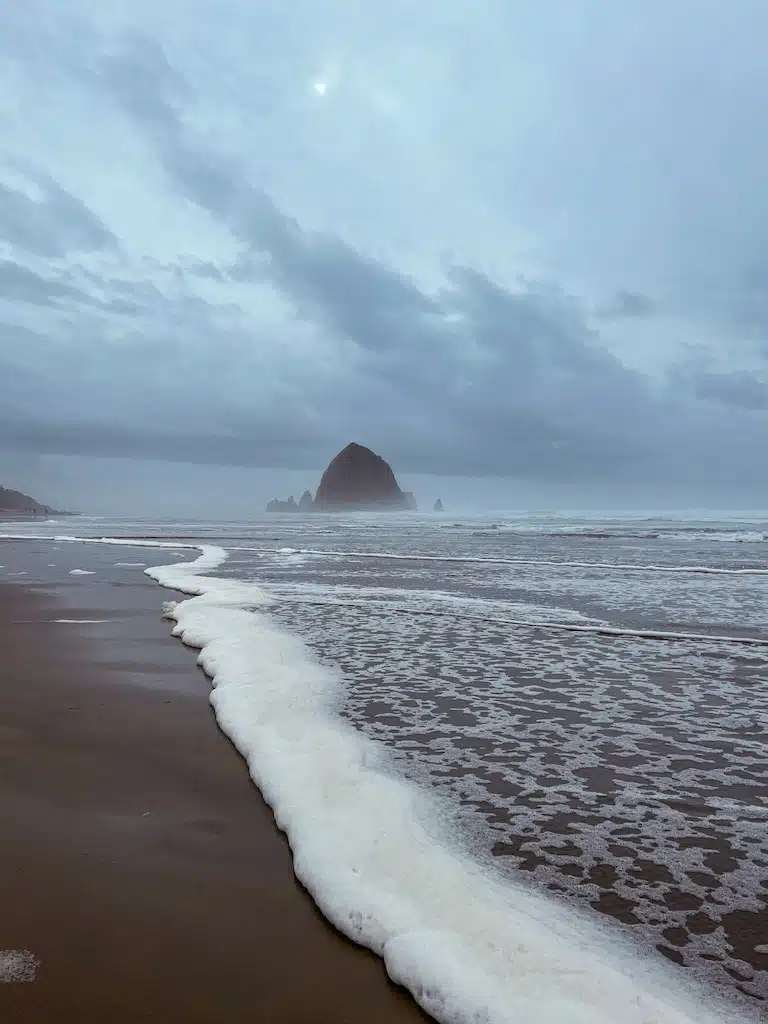
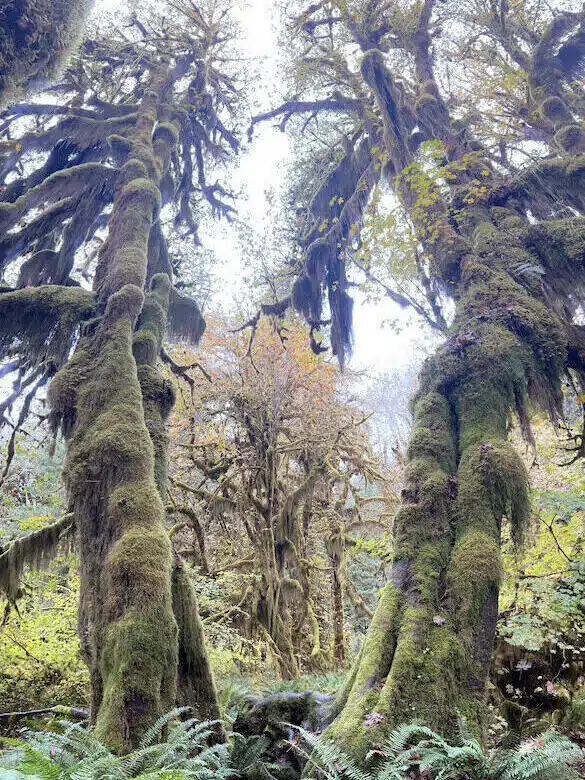
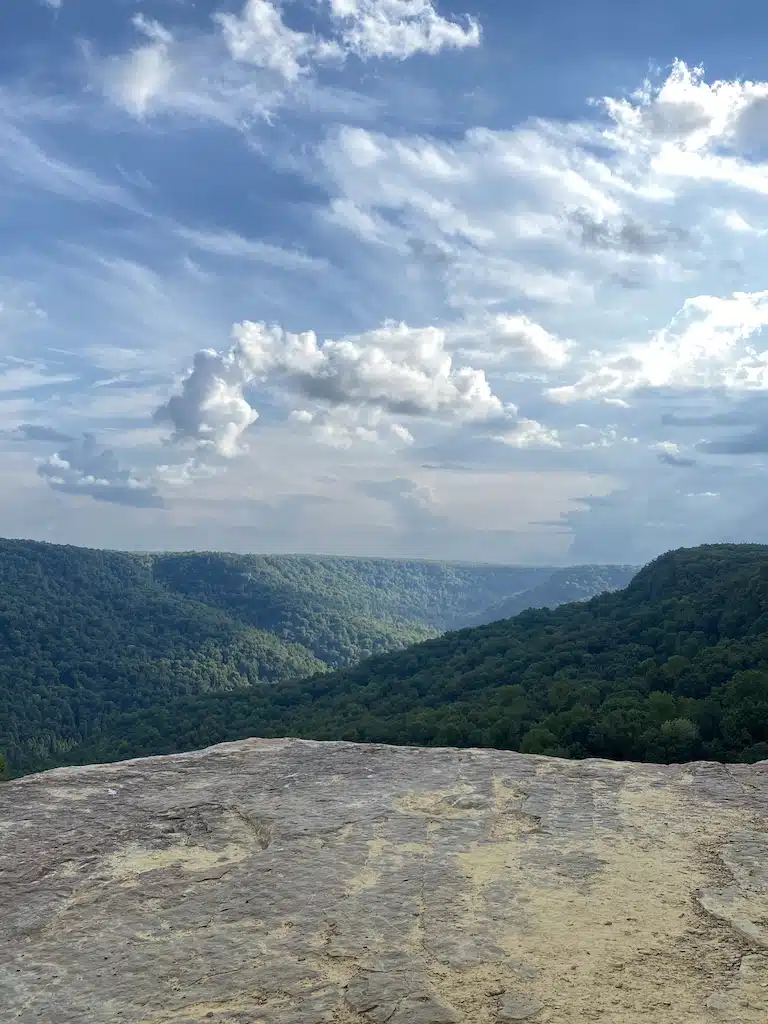
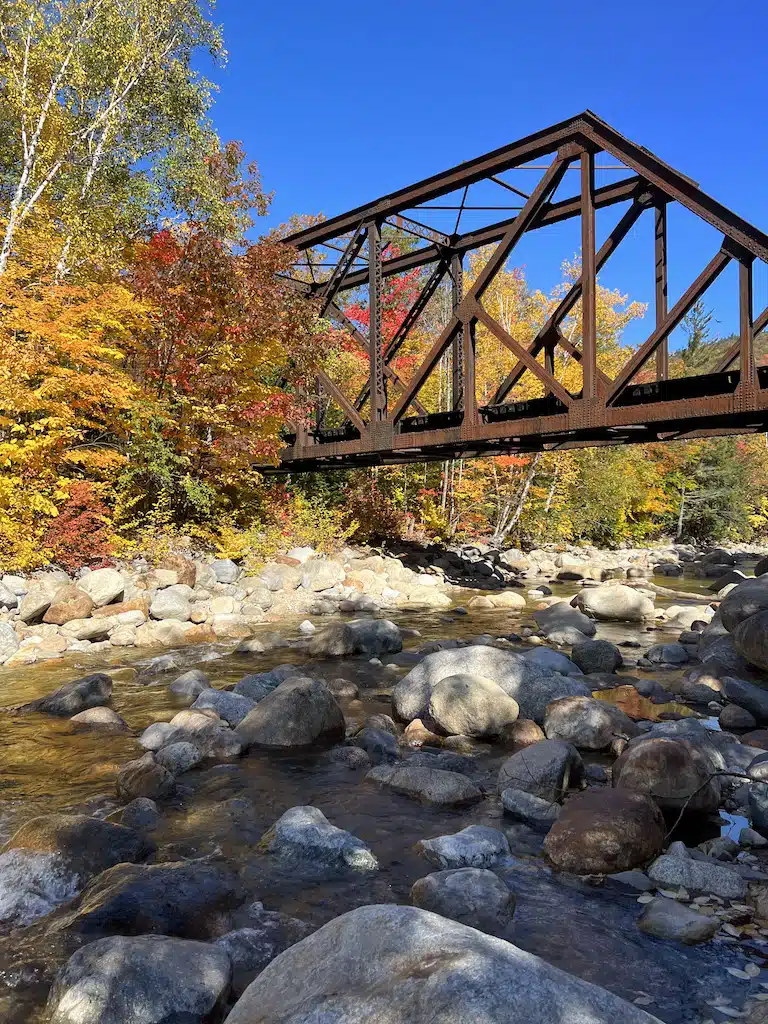
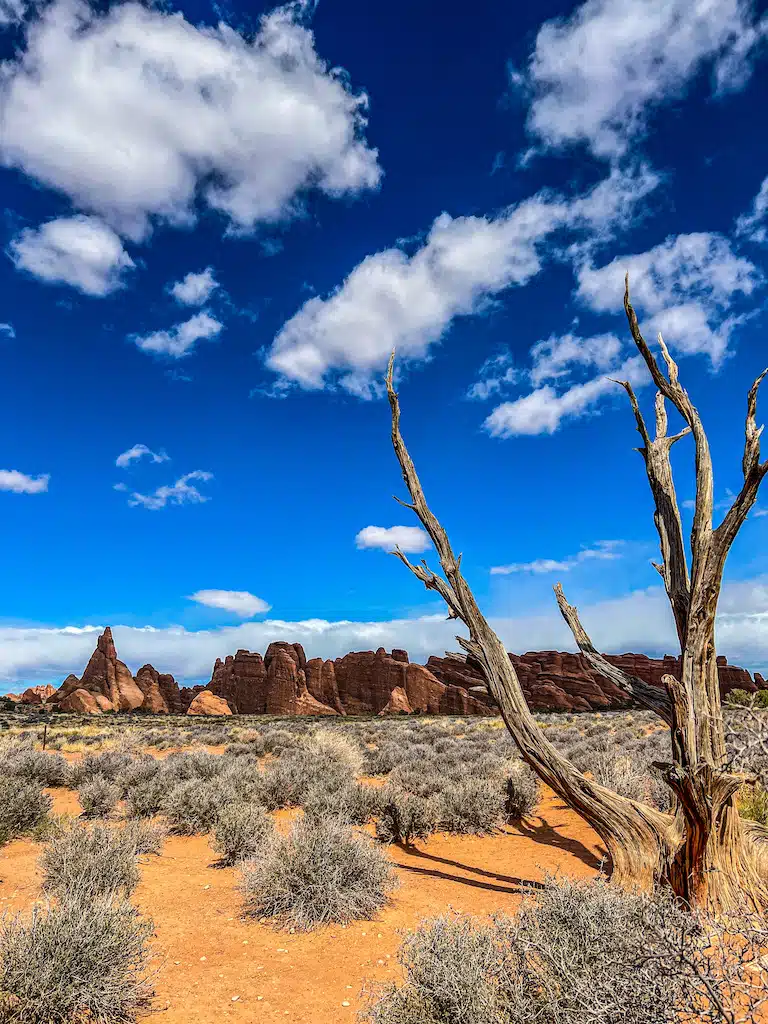
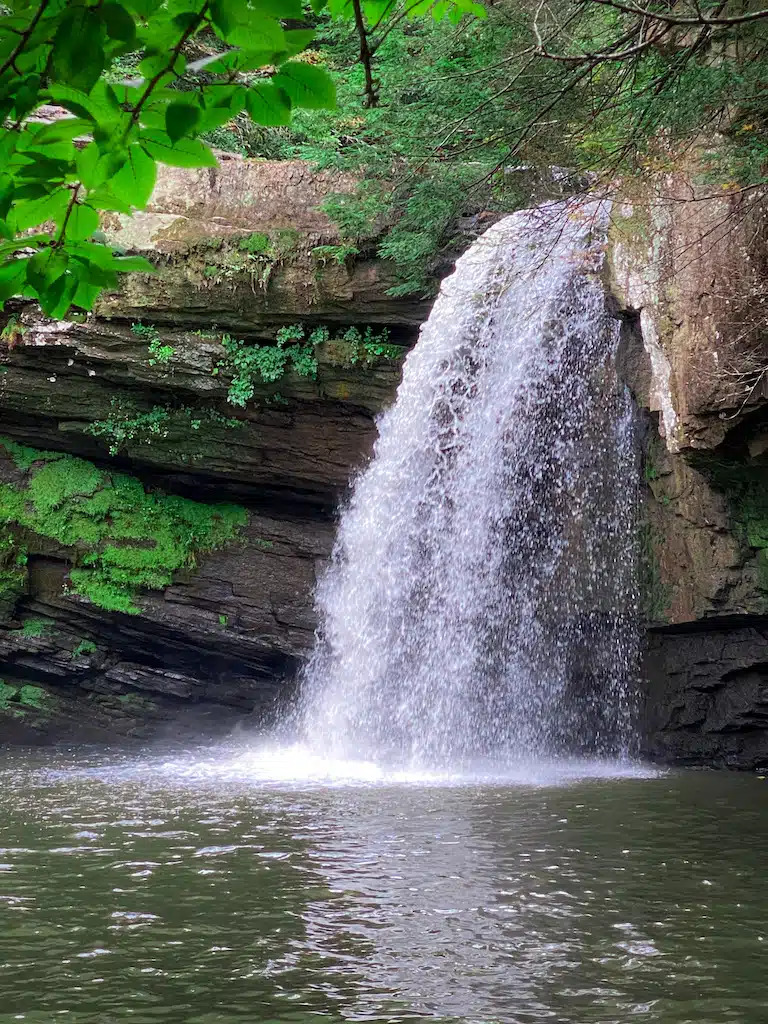
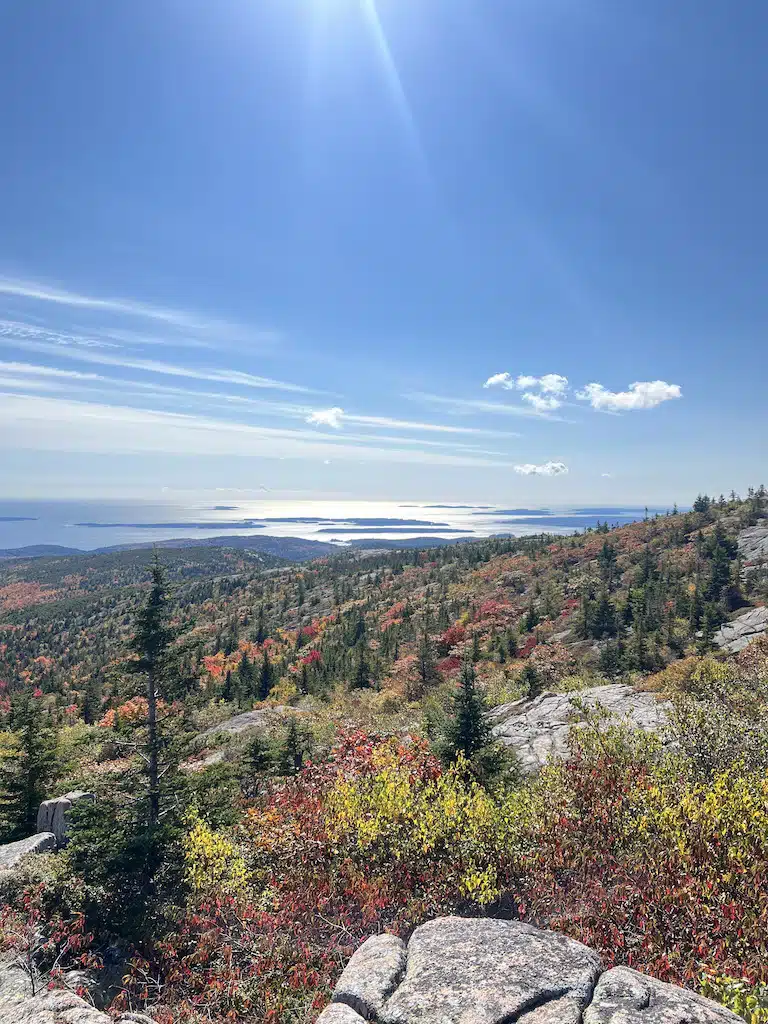
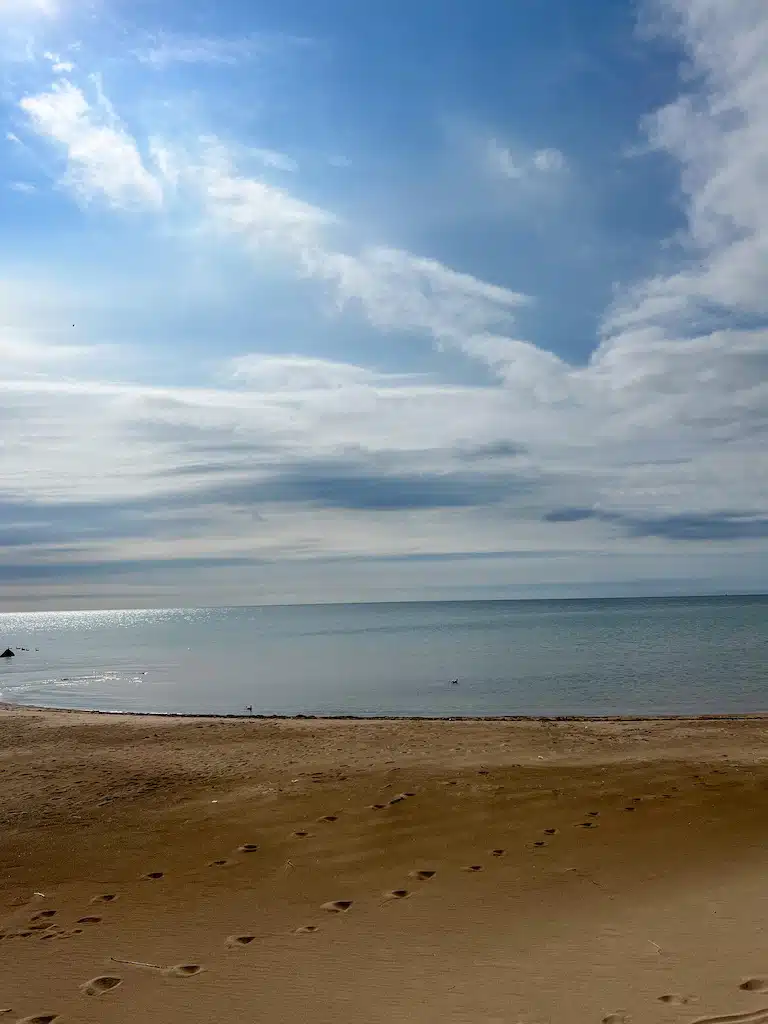
Don’t just take my word about how great time in nature is!
A growing body of research highlights the beneficial effects that time in nature has on mental and physical health – reducing stress and promoting healing.
Nature is transformative for the human mind and body.
- A study has shown that a minimum of 2 hours a week spent in nature, either at one time or over several visits, significantly increases your physical health and psychological wellbeing. 1 Two hours may sound like a lot when you’re balancing personal time and work – but you are worth the investment! If you break that 2 hours down across the week, it is just 17 minutes per day. Incorporate nature into your daily routine—take hikes with your dog, walk with co-workers during your lunch breaks, or spend your evenings exploring nearby parks.
- Contact with nature is associated with increases in happiness, subjective well-being, positive affect, positive social interactions, and a sense of meaning and purpose in life.2
- Whether you are spending time in a forest or near a lake, benefits can be experienced. For those of you who may be more drawn to water, research has found that blue spaces were also shown to lower stress and anxiety, while boosting people’s mood and psychological wellbeing.3
- You can also move your workout outdoors. Exercising outdoors has also been shown to have positive impact on emotional wellbeing (in addition to the physical implications of the exercise).
Acknowledge and embrace the uniqueness of the natural space you are in!
To maximize the benefits of being in nature, try your best to be present. Resist the urge to put in your air pods and listen to a podcast. Instead, take deep belly breaths, notice the smells, and listen to the sounds around you.
Resources:
1. White, M.P., Alcock, I., Grellier, J. et al. Spending at least 120 minutes a week in nature is associated with good health and wellbeing. Sci Rep 9, 7730 (2019). https://doi.org/10.1038/s41598-019-44097-3
2. Bratman, G. N., Anderson, C. B., Berman, M. G., Cochran, B., de Vries, S., Flanders, J., Folke, C., Frumkin, H., Gross, J. J., Hartig, T., Kahn, P. H., Jr, Kuo, M., Lawler, J. J., Levin, P. S., Lindahl, T., Meyer-Lindenberg, A., Mitchell, R., Ouyang, Z., Roe, J., Scarlett, L., … Daily, G. C. (2019). Nature and mental health: An ecosystem service perspective. Science advances, 5(7), eaax0903. https://doi.org/10.1126/sciadv.aax0903
3. Georgiou, M. & Chastin, S. (2021). Living near water can be beneficial to your mental health – here’s how to have more blue spaces in cities. The Conversation. https://theconversation.com/living-near-water-can-be-beneficial-to-your-mental-health-heres-how-to-have-more-blue-spaces-in-cities-150486

